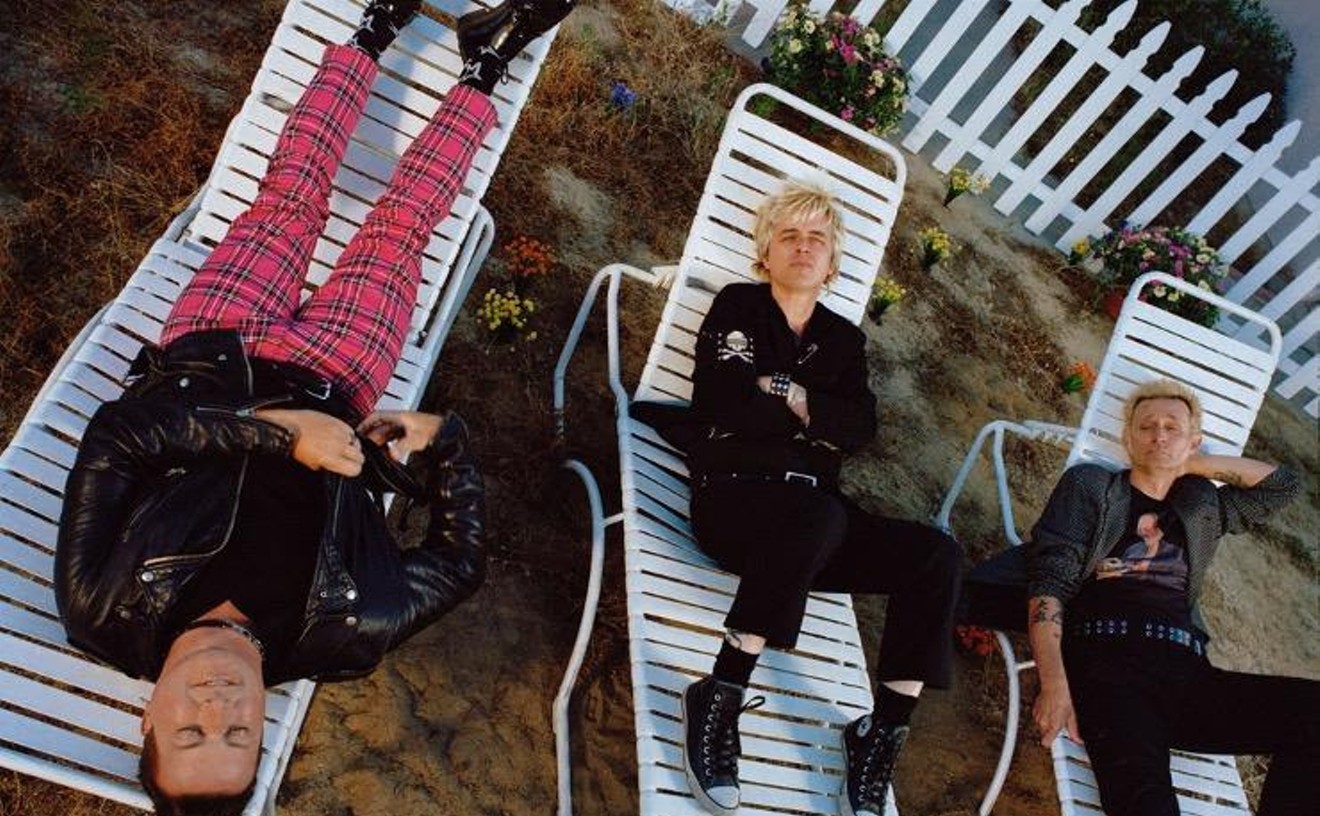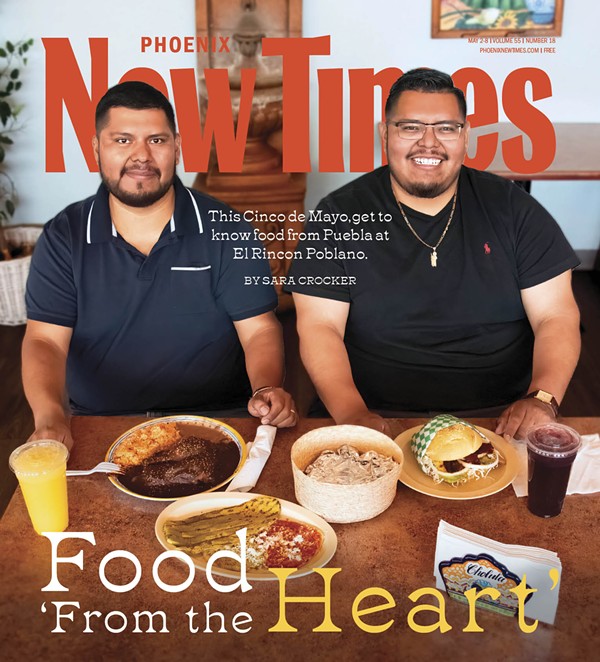A need for music that sings against the grain perhaps explains the current refascination with an American staple: the singer-songwriter. From Bob Dylan's resurgent popularity to the appeal of David Wilcox, Shawn Colvin and the other young troubadours, these minstrels for a dangerous time are being played, listened to and talked about in increasing numbers. Among the scattered tribe of songwriters, John Stewart is certainly one of the reigning, if underacknowledged, masters of the artist-against-the-wind style of American music. A prolific songwriter and storyteller, with 23 albums to his credit, his work over the last 25 years constitutes a stunning body of lonesome reflections on the promise and betrayal of the American experience.
The sonic landscape of John Stewart is one of pain and promise. In his early songs, written during the era of psychedelia and protest, he captured the times with haunting folk-rock paeans to wild horses and small children growing up wounded by the memory of war. His is a music of longing, a hushed hope that what is best in the country will somehow emerge. A friend of Bobby Kennedy's (he campaigned for him in 1968), Stewart was inspired to write these lines after Kennedy's assassination: "Shoot all the brave horses/And where will we ride?" But does his name sound familiar? Probably not. For all his talent and output, Stewart has just nibbled at the edges of fame for much of his career, sometimes moving tantalizingly close to the great brass ring of mass acceptance.
I was one of the lucky ones practically raised on Stewart's music, because I grew up in the town where he became a star. A disc jockey in Phoenix in the late Sixties, a guy named Bill Compton, played Stewart's music as if it mattered. He mixed Stewart's wise folk anthems in with Jimi Hendrix and Frank Zappa on an underground radio station that was popular in the days before computerized playlists destroyed airwave creativity.
Mention Phoenix to John Stewart now and he recalls those days with pleasure. "It was just this little island of fame that I had," he says of the time when thousands of us would pack the concert halls to see him, even inspiring RCA to release a two-record, live Phoenix Concerts album in 1976. "I got to taste from the well."
For John Stewart's fans, in Arizona and elsewhere, his music had the effect of capturing a feeling about the country in a rare way. His throaty tenor and folk-music attention to storytelling were powerful. I could never figure out why the guy wasn't a star.
Even then, he had already had a long apprenticeship. Just out of his teens, Stewart was a banjo-picking member of the frothy but influential folk-music group Kingston Trio. On his own since 1967, he is probably best-remembered for penning the Monkees' big hit "Daydream Believer." Stewart's second solo album, California Bloodlines, was on a lot of critics' lists for top albums of the Sixties. In the Seventies, he even had a Top 10 hit, "Gold," from his Bombs Away Dream Babies album. But increasingly, his uncompromising music and indefinable sound left him on the margins of pop music. A succession of labels--Capitol, RCA and PolyGram, among others--never gave him the marketing push that might have yielded a breakthrough album. Now, his early albums, even California Bloodlines, are out of print and unavailable domestically on CD, although they have been reissued in Europe, where Stewart's popularity remains high. Except for 1987's Punch the Big Guy, most of his work in the Eighties was substandard, coming in the form of self-produced, privately released albums which suffered in comparison to his earlier work. Stewart has never been part of a coterie of musicians and has never been identified with a "sound," other than his own. Instead, he keeps plugging along, drawing knots of devoted fans to his frequent tours, while never breaking through the mass-market clutter. What does it mean to labor in the relative shadows? I asked Stewart during a telephone interview last week. "It means a lot less money," he says with a laugh. "I'm talkin' a lot less."
Still, that feeling of intangible loss is present in his voice as it is with most artists who know they are contenders. "It means it just didn't connect," he says quietly. ". . . I don't know if I was spared or deprived. But it just wasn't in the cards." Now, another record label is taking a chance on his appeal. For the first time in five years, he has a new, nationally distributed album, Bullets in the Hour Glass, that represents his finest work in a decade. Worked on a small label, Shanachie, the album is nonetheless a meticulously produced effort that should restore Stewart to the front ranks of American song.
At 53, John Stewart sees America with less hope than a he did a quarter-century ago. Asked about his latest inspirations, he says, "I think it's the end of the empire. It's the meltdown of the dream. [Look at] what's going on in American schools and the ethics of America. How the gun has become a religion. The disregard for human life. The disregard for any sense of right and wrong in the cities of America. This is the big meltdown. It's a very frightening proposition."
With his once-pure tenor now cracked a bit and frayed from a lifetime of late nights, Stewart's sound is now mature and mournful. Where once there was wonder in his voice, there is now urgency. I ask him if he felt despair for the country, and he says, no, "I think it's resignation. You know, like, so this is it." It can hurt a little to hear these lines, sung with so much knowledge of what has gone before and what seems to lie ahead. "Are they shooting down the angels/You can bet your life they are/They're irresistible targets for any shooting star," he sings on "Irresistible Targets" from the new album.
Not that this music is simply a downer. John Stewart is far too sophisticated a writer to fall prey to cheap wallowing. On the song "Women," for example, he does something rare for a male artist: He writes about his feminine side. "And we really all are women, yes/When all is said and done," he sings on the chorus, accompanied by longtime Stewart fan Rosanne Cash. "This is not a song Clint Black will be recording," he jokes, noting that few people who hear the song get the point: that men have a female side to themselves that is worth exploring and believing in. "Women' is a dangerous song" for that reason, he says. "I like writing dangerous songs." The danger in Stewart's writing is accompanied by a quiet inspiration that unwinds slowly in the mind and the heart. There are no histrionics on Bullets in the Hour Glass, nor on any of his other work, just the voice of one clear-eyed American looking at his country.









